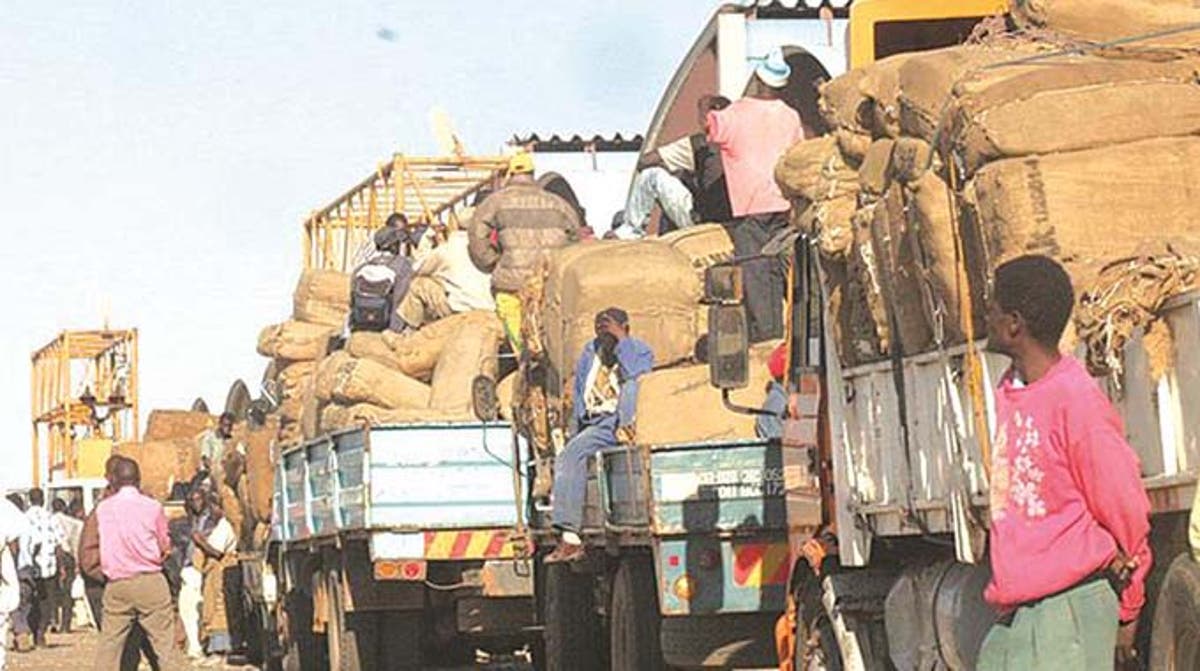Premier Africa ropes in German engineers
PREMIER African Minerals Limited has roped in a technical team from Germany which is expected to work on key components of the plant as the mining group is engaged in the ongoing plant optimisation to address the existing bottlenecks and beef-up production in readiness for the restart of production in late February.
The technical team is expected next week.
In addition, the lithium firm, which has mining operations at Zulu Lithium Mine in Matabeleland South Province, says its new ball mill that has been custom built is expected to depart from South Africa in the last week of January and will represent the last major item to be positioned and connected for a restart of production.
By February, an additional hydrosizer, mill discharge screen, and associated tanks, sumps and pumps are expected to have been installed, the firm said in its latest update yesterday.
In recent weeks, the firm has been taking delivery of an assortment of strategic plant components and upscaling instalment.
In November last year, the mining entity said plant operations had been partially suspended to allow for civil construction to commence in preparation for the installation of the 55 tons per hour ball mill and other associated structures
According to an update, the United Kingdom-based mining group said major concerns with the Fort Rixon plant over the past year have been well documented and now it can confirm that Stark International Projects Limited has undertaken to upgrade the UV sorters to include colour-based detection to complement the use of XRT.
The upgrade is expected to be installed and operational before startup.
“A technical team from Germany is expected at Zulu from 23 January 2024 to optimise the sorters and in so doing facilitate the removal of waste material that has previously led to contamination of concentrates.
“At the same time, a new thickener is under installation and this is expected to complement the floatation circuit by improving the density and flow of slurry to the float plant,” reads part of the update.
Key aspects of plant optimisation include increase in density of material provided to the floatation plant, installation as an intermediate upgrade of redundant RHA Tungsten rod mill at Zulu, and refinement of the spodumene concentrate to eliminate mica and lepidolite minerals.
In addition to plant fixes that are the responsibility of Stark International Projects Limited, the Zulu lithium plant contractor, Premier needs adequate funding to support its operations and avoid any unforeseen production delays.
It said the significant expansion in mining operations to facilitate delivery of ore with less country waste and to compensate for any residual issues with the sorters, together with the minor delay with the mill delivery has further constrained its cash resources.
“It is likely that additional funding will be needed in the near term. Premier’s contractors and suppliers are assisting and alternatives to equity-based funding are under investigation. With a project as well advanced as Zulu with a fully developed mine, and market in place, this remains the only significant obstacle.”
Chief executive officer, Mr George Roach said: “The entire focus of our Company is on our Zulu project and unless there are unforeseen circumstances that I have overlooked and provided our plant suppliers deliver as expected, we remain on target to produce late in February 2024.”
In early January, the firm said latest assay results have shown heavy presence of spodumene, a lithium bearing rock that is a commercially important source of the base metal.
The results include both surface trenches and drill holes located within the area of the mineral claims block, but outside of the existing mining operations and pit development.
“Those surface trench and drill hole results originating from the Southeast pegmatite, represent very good potential for this pegmatite that is adjacent but discrete from the main mining and pit developments underway at present,” the firm said.
Lithium is a base metal used in the production of batteries and its demand in recent years rose sharply owing to the global demand in electric vehicles, particularly in developed countries that are leading in phasing out fossil fuels such as petrol and diesel in the coming years.
Generally, the Zulu project is regarded as potentially the largest undeveloped lithium bearing pegmatite in Zimbabwe, covering a surface of about 3,5 kilometres that are prospectively of lithium and tantalum mineralisation-chronicle










